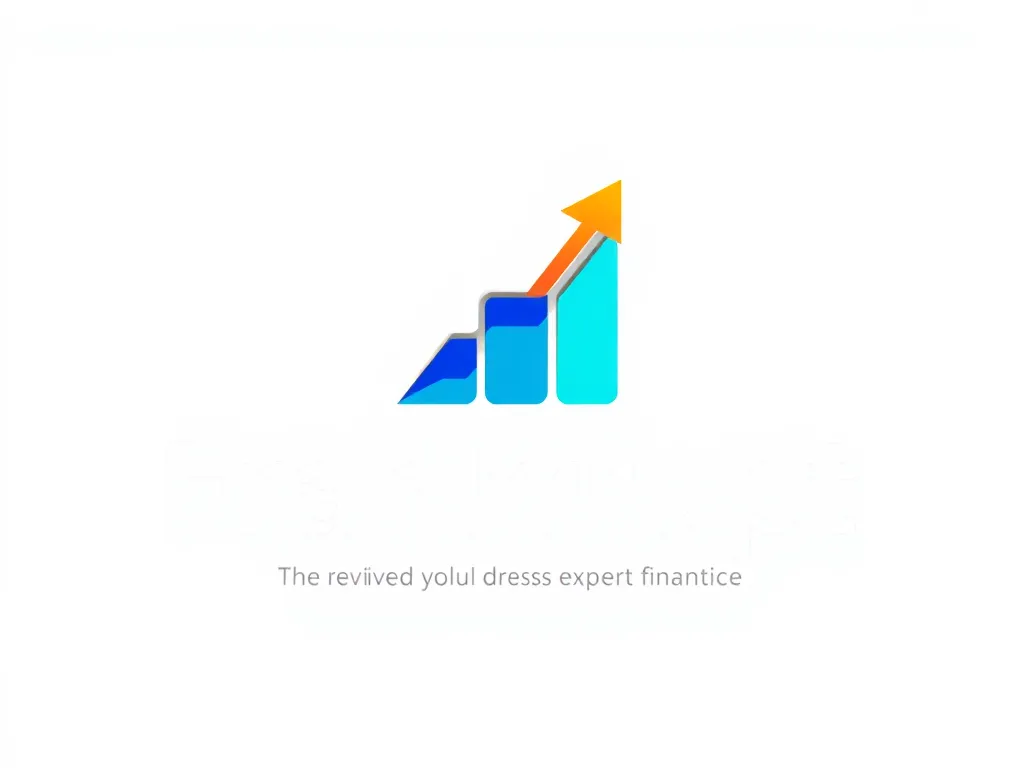Master Your Finances: Expert Advice For Debt Management

Understanding Debt Management: A Comprehensive Guide
Debt Management is crucial for maintaining financial stability and achieving long-term financial goals. It involves creating a plan to pay off debts, reducing liabilities, and building a sustainable financial future. Most individuals, at some point in their lives, find themselves managing debts, whether it's credit card bills, student loans, or mortgages. Effective debt management strategies can lead to relief from financial stress and improved credit scores.
At its core, Debt Management focuses on understanding the different types of debts one can incur and finding the most effective methods to pay them off. This includes assessing income, expenses, and creating structured repayment plans. By utilizing Debt Management techniques, individuals can reclaim control over their finances, avoid bankruptcy, and create a healthier financial outlook.
Moreover, effective Debt Management encourages individuals to build good financial habits, which not only help in repaying current debts but also in preventing future occurrences. This article delves into core aspects of Debt Management, including budgeting strategies, understanding various debt types, comparing debt repayment plans, and preventative practices.
As the financial landscape evolves, tools and resources also emerge that can significantly aid in Debt Management. Using technology and professional advice can enhance personal finance skills, making it easier to manage debt and achieve financial freedom. In this article, you will find various strategies and resources to help you navigate the complexities of Debt Management effectively.
For those grappling with financial challenges, seeking Expert Advice For Debt Management can pave the way to recovery.
Overall, mastering Debt Management is indispensable for anyone seeking to improve their financial situation, build wealth, and lead a stress-free life devoid of overpowering debts.
Budgeting Strategies for Effective Debt Management
Creating a debt repayment budget is the first step in effective debt management. It involves outlining your monthly income and allocating specific amounts to cover essential expenses while setting aside funds to pay off debts. This budget should reflect realistic spending habits and financial responsibilities, allowing individuals to see where they can cut back to expedite debt repayment.
Tracking expenses is another vital aspect of managing debts. By keeping a close eye on daily expenditures, individuals can identify unnecessary spending practices and redirect that money towards paying down debts. Many people overlook small costs that can accumulate over time, and tracking helps to eliminate those excess costs, contributing to a more effective debt management strategy.
Unexpected expenses can often disrupt even the best-planned budgets. Adjusting budgets for these unforeseen costs is crucial in Debt Management. Having a flexible budget allows individuals to adapt and ensure that debt repayment remains a priority, even when life throws curveballs. Regular reviews and adjustments to budgets ensure that priorities reflect current financial situations.
Understanding Debt Types for Better Management
In Debt Management, understanding the difference between secured and unsecured debt is critical. Secured debts are collateralized, meaning they are backed by an asset, such as a home mortgage or car loan. Unsecured debts, on the other hand, are not backed by any assets, such as credit card debts or personal loans. Recognizing these differences helps individuals prioritize debt repayment strategies based on risk and potential consequences of default.
Interest rates play a significant role in managing debt effectively. Higher interest rates can lead to increased overall debt as payments accrue faster. Understanding how interest rates work can empower individuals to make smarter borrowing decisions and explore refinancing options when possible to reduce their financial burden.
Credit scores are another critical factor in Debt Management. A higher credit score allows for better borrowing terms, lower interest rates, and increased chances of loan approvals. Monitoring and improving credit scores through timely payments and reducing overall debt levels can significantly enhance one’s financial standing.
Debt Repayment Plans: Choosing the Right Strategy
When it comes to debt repayment, two popular methods are the snowball and avalanche approaches. The snowball method involves paying off the smallest debts first to build momentum, while the avalanche method prioritizes debts with the highest interest rates. Each method has its pros and cons, and choosing the right one depends on individual financial habits and psychological preferences regarding debt repayment.
Consolidating debt is another effective strategy for managing payments. This involves taking out a single loan to pay off multiple debts, simplifying the repayment process and potentially lowering interest rates. When consolidating debts, it's essential to evaluate different options carefully to ensure that long-term costs are minimized.
Negotiating with creditors can also lead to better repayment terms. Many creditors are willing to work with individuals facing financial difficulty to create manageable repayment plans or possibly even settle for a reduced amount. Open communication is key in achieving favorable outcomes in Debt Management negotiations.
Preventing Future Debt: Establishing Healthy Financial Practices
Smart financial habits are the foundation of preventing future debt. Individuals should focus on living within their means, creating and sticking to budgets, and making informed borrowing decisions. Emphasizing savings rather than credit use can lead to reduced reliance on loans and higher financial security.
Emergency funds are crucial in avoiding future debt. By setting aside funds for unforeseen expenses, individuals can prevent reliance on credit cards or loans during emergencies. Building an emergency fund equal to three to six months of living expenses creates a safety net that supports greater financial stability.
Lifestyle choices significantly impact financial health. Decisions related to housing, transportation, and discretionary spending should be made with long-term financial consequences in mind. Adopting a frugal lifestyle can substantially reduce the likelihood of incurring future debts.
Tools and Resources for Effective Debt Management
There are several apps available to assist with managing debt effectively. These tools can track spending, remind users of due payments, and help set achievable savings goals. Choosing the right app can improve financial organization and empower users to stay on track with their debt management plans.
Financial literacy resources such as workshops, online courses, and books can provide invaluable knowledge about debt management strategies. Educating oneself on personal finance is a key step towards achieving financial independence and managing debt effectively.
Lastly, seeking professional financial advice can be a crucial step in addressing significant debt issues. Financial advisors offer personalized plans based on individual circumstances, helping clients devise tailored strategies to overcome debt challenges and secure their financial futures.
